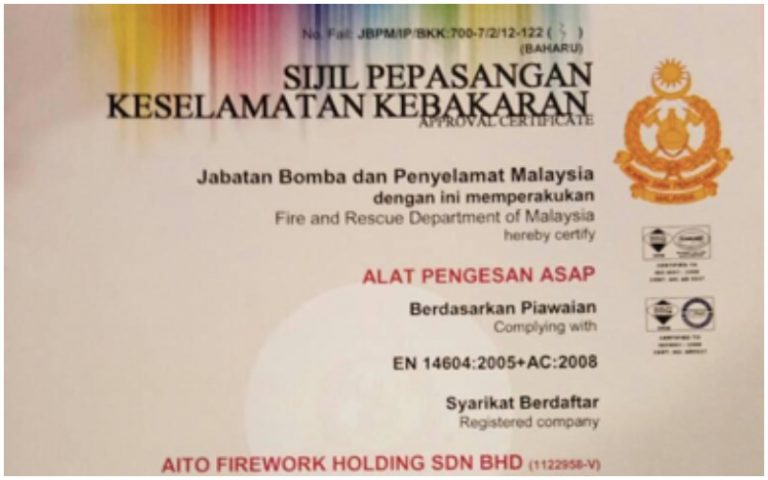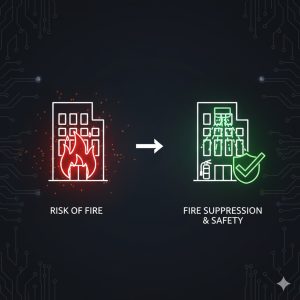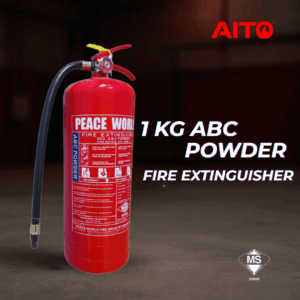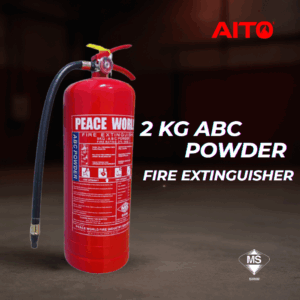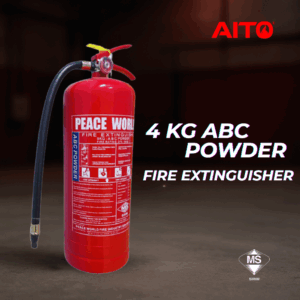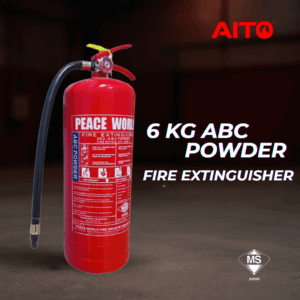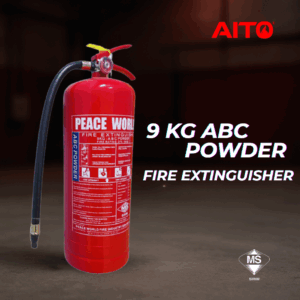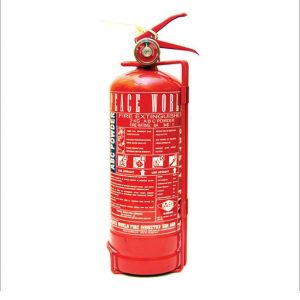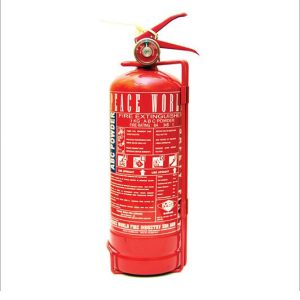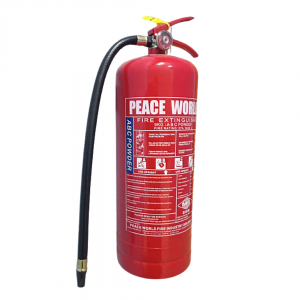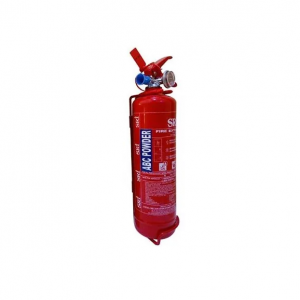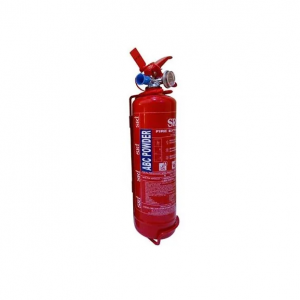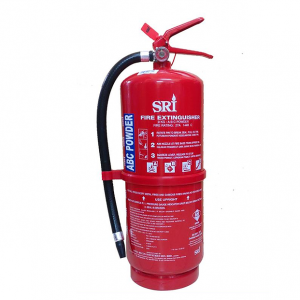Is a Fire Certificate Mandotory in Malaysia?
In Malaysia, fire safety regulations are stringent and designed to ensure the safety and well-being of its citizens. A critical component of these regulations is the Fire Certificate (FC), a document that verifies a building’s compliance with fire safety standards. So, when it comes to fire safety in Malaysia, one question that often arises is whether a fire certificate is mandatory. In this article, we will delve into the importance of having a fire certificate, what it entails, and why it is crucial for businesses and residential buildings in Malaysia.
Is it Mandatory to Have a Fire Certificate?
Yes, it is mandatory for certain types of buildings to have a fire certificate in Malaysia. According to the Fire Services Act 1988 and the Fire Services (Fire Certification) Regulations 2013, few buildings are required to obtain a fire certificate. It is to ensure that these buildings meet the necessary fire safety standards and are equipped with appropriate fire protection systems. The buildings including:
- Shopping malls
- Hospitals
- Schools
- Hotels
- High-rise buildings
Why is a Fire Certificate Mandatory?
The primary purpose of a Fire Certificate is to safeguard lives and property. How? By ensuring that buildings are designed, constructed, and maintained in accordance with fire safety regulations.
- Compliance with regulation: To ensures that a building meets the necessary fire safety standards set by the authorities. This helps to reduce the risk of fire incidents and ensures the safety of occupants.
- Emergency preparedness: Having a fire certificate indicates that the structure has safety features in place in case of a fire.
- Insurance requirement: Insurance companies may require buildings to have a fire certificate as a condition for coverage.
- Legal compliance: Failing to obtain a fire certificate can result in legal repercussions, including fines and penalties.
Consequences of Not Having a Fire Certificate
- Legal penalties: Non-compliance with the Fire Services Act 1988 can result in fines and legal action against the building owner. Persistent non-compliance may lead to further legal ramifications.
- Increased liability: In the event of a fire, building owners without an FC potentially facing lawsuits and substantial financial losses.
- Insurance issues: Buildings without a Fire Certificate may encounter difficulties in obtaining insurance coverage
- Risk to occupants: The absence of a Fire Certificate indicates that a building may not have adequate fire safety measures in place, putting the lives and safety of its occupants at risk.
Conclusion
Having a fire certificate is not only mandatory for certain types of buildings in Malaysia. It also essential for ensuring the safety and well-being of occupants. Building owners must prioritize fire safety and compliance with regulations to prevent fire incidents and protect lives and property. If you are unsure about the fire safety requirements for your building, consult a fire safety consultant to guide you through the process of obtaining a fire certificate.
Ensure your building meets fire safety standards. Need help with fire safety compliance? Reach out to us for expert guidance. Your safety is our mission – let’s achieve it together!

